CHAT
WITH US
WITH US
GET A
QUOTE
have questions? call us
+44 3330 907053
Home
/
Guides
/
Moving Guides
/
The Real Cost of Moving Internationally: A Complete Budgeting Guide
The Real Cost of Mov...

Moving Guides • 24 Jan 2025
Share this article
So, you're ready for an international move? That's incredibly exciting! But let's be honest, it's also a bit daunting, especially when you start thinking about the financial side of things. Moving abroad isn't just about packing your bags; it's about understanding and planning for a whole host of expenses that can pop up when you least expect them. It's easy to get swept away in the excitement and overlook some critical costs, which can leave you feeling stressed and financially strained. The good news is, with some careful planning and a realistic approach, you can get a handle on these costs and make sure your big adventure gets off to a great start, without any unexpected financial surprises.
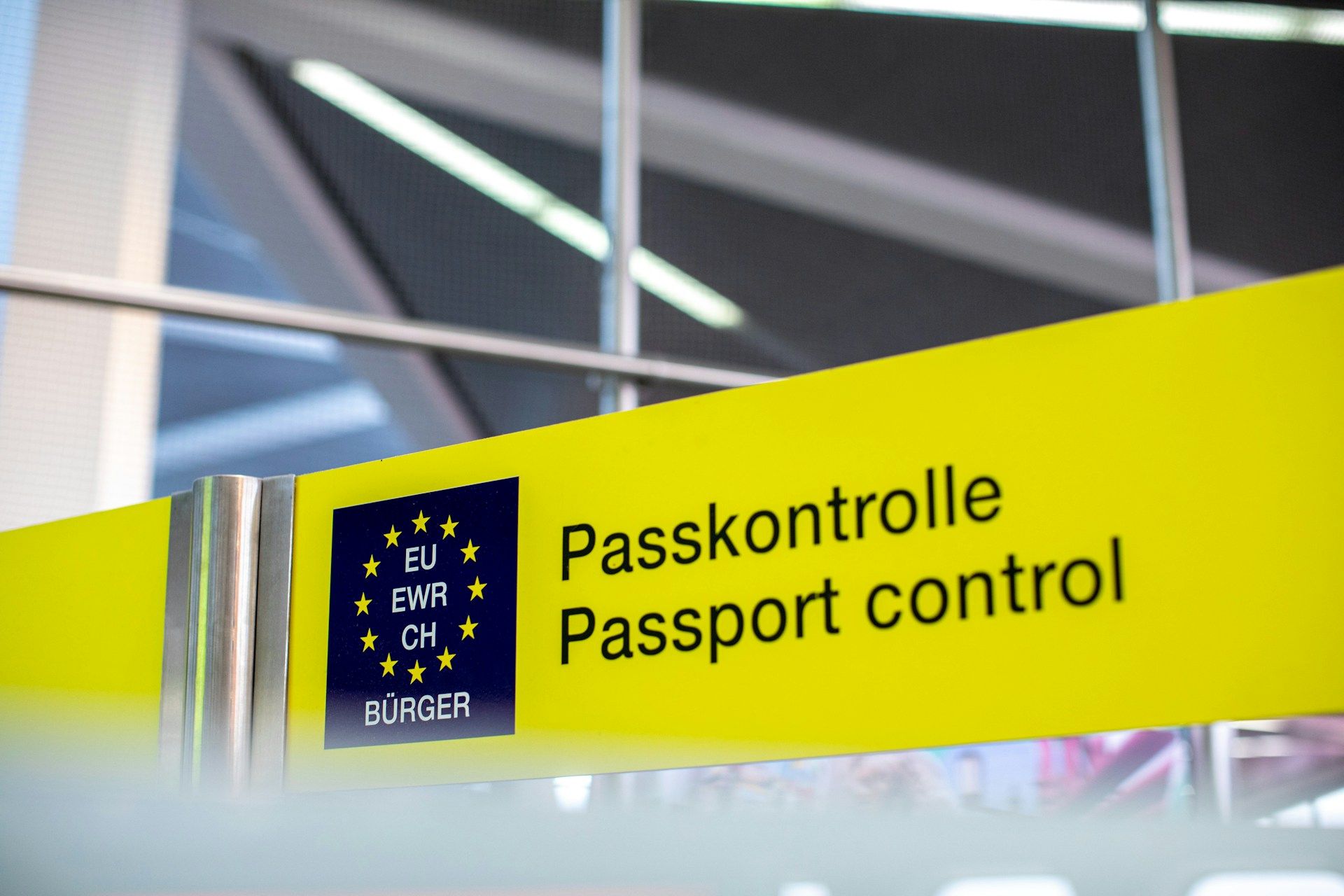
That's where this guide comes in. We want to give you a thorough overview of the kind of expenses you might come across. We'll be looking at all the usual things like shipping and visa costs, of course, but we'll also dig a bit deeper into the stuff that often gets overlooked, such as setting up your new home and those pesky "what-if" scenarios.
Initial Planning and Preparation Costs
Before you even start packing a single box, there's a chunk of expenses that you'll need to factor into your budget. These initial costs are often unavoidable, and they can add up quicker than you might think. Things like visas, passports, and health checks, they can all seem quite straightforward but can come with unexpected fees and processes. It's always better to get these things sorted early on, as these costs can end up being a big part of your overall moving expenses.
It's not always the most fun bit of planning, but these pre-move costs are absolutely essential to get sorted early to ensure your move is legal and goes smoothly. It’s also useful to have these out of the way so you can focus on the more exciting aspects, like planning your new life. Let's take a look at some specific things you should consider.
Visa and immigration fees can vary widely depending on your destination country, your nationality, and the type of visa you require. You might be looking at a straightforward application fee, but don’t forget to consider the potential costs of legal advice or support.
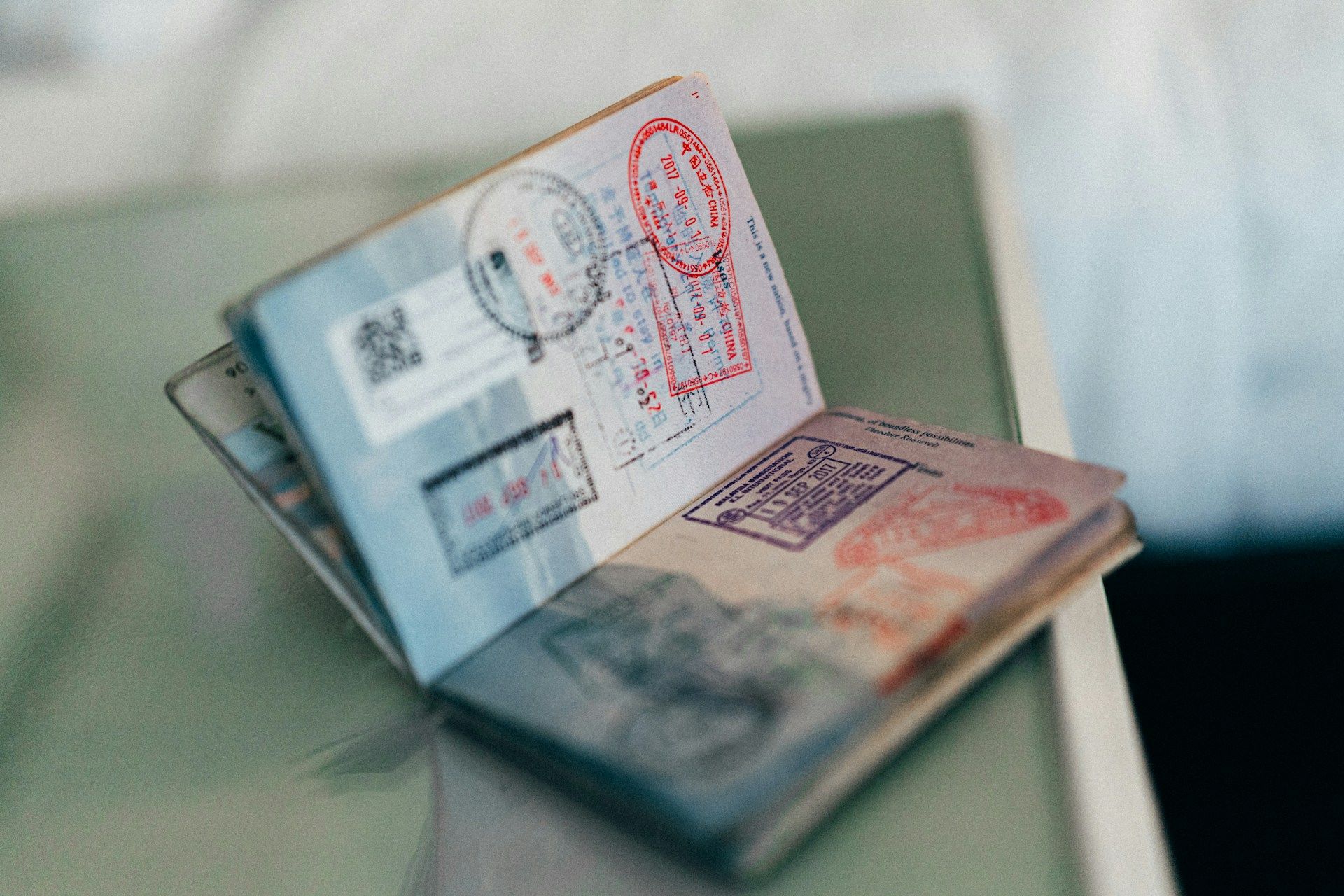
If your situation is complex, you may need to seek help from an immigration lawyer or advisor, which will of course add to the overall cost. It’s vital to research these fees early on to avoid any surprises later in the process.
It's worthwhile checking out the official website of the country you are moving to, as they often provide the most up to date information.
Passport and Travel Document Expenses
Your passport is essential when moving internationally, and you may need to consider the costs of obtaining a new one, or possibly renewing it if it's close to expiring. You might also need to obtain additional travel documentation, such as an International Driving Permit, to be able to drive legally in your destination country. Make sure you take into account the costs of obtaining any birth certificates or other required supporting documentation. You may find that your passport renewal, if you've left it too late, will cost extra for fast-tracking too, so it's essential to make sure that you give yourself plenty of time to get everything sorted.
For UK residents, you can check the gov.uk passport website for up to date information about new passports and renewals.
Before you move, you may need to have a medical checkup to make sure that you’re healthy enough to travel and meet your destination's visa requirements. This might include vaccinations, which can be quite costly, or needing to obtain specific medical documentation.

For a long term move, you may also need to obtain specific medical information. It’s important to get these things sorted out as early as possible, so you’re able to move with peace of mind.
You can find all the advice and guidance you need about travelling with your health on the NHS website.
If you're able to, you may want to take a pre-move visit to your destination to get a feel for the place and start figuring out where you might want to live. If you have the time and budget for this, you will need to consider the costs of flights and accommodation. A quick trip may feel like a good idea to really get a feel for the place, to decide on a neighbourhood or just to start the search for a new home. The benefit of this might be that it helps you relax more in your first few weeks, as you know what to expect.

It's important to remember that, if you can't do this, you may find yourself spending money on other research. This could be paid tools, subscriptions, or websites for house-hunting, as well as simply using your valuable time to do this, time you might want to spend on other things. You may also want to make connections with people who are already living in the place you are looking to move to, which could involve paid subscriptions or social meetups. Either way, it's important to budget for these kind of costs if you plan to research and plan before you go.
This is the part where things can start to feel a bit more real and, frankly, a little more expensive. Moving your belongings across borders isn't just about loading up a van; it’s a complex process that comes with a whole range of costs. These expenses can be the biggest part of your moving budget, so it's vital to get them right and to understand what you are actually paying for, as there can be a lot of hidden costs.
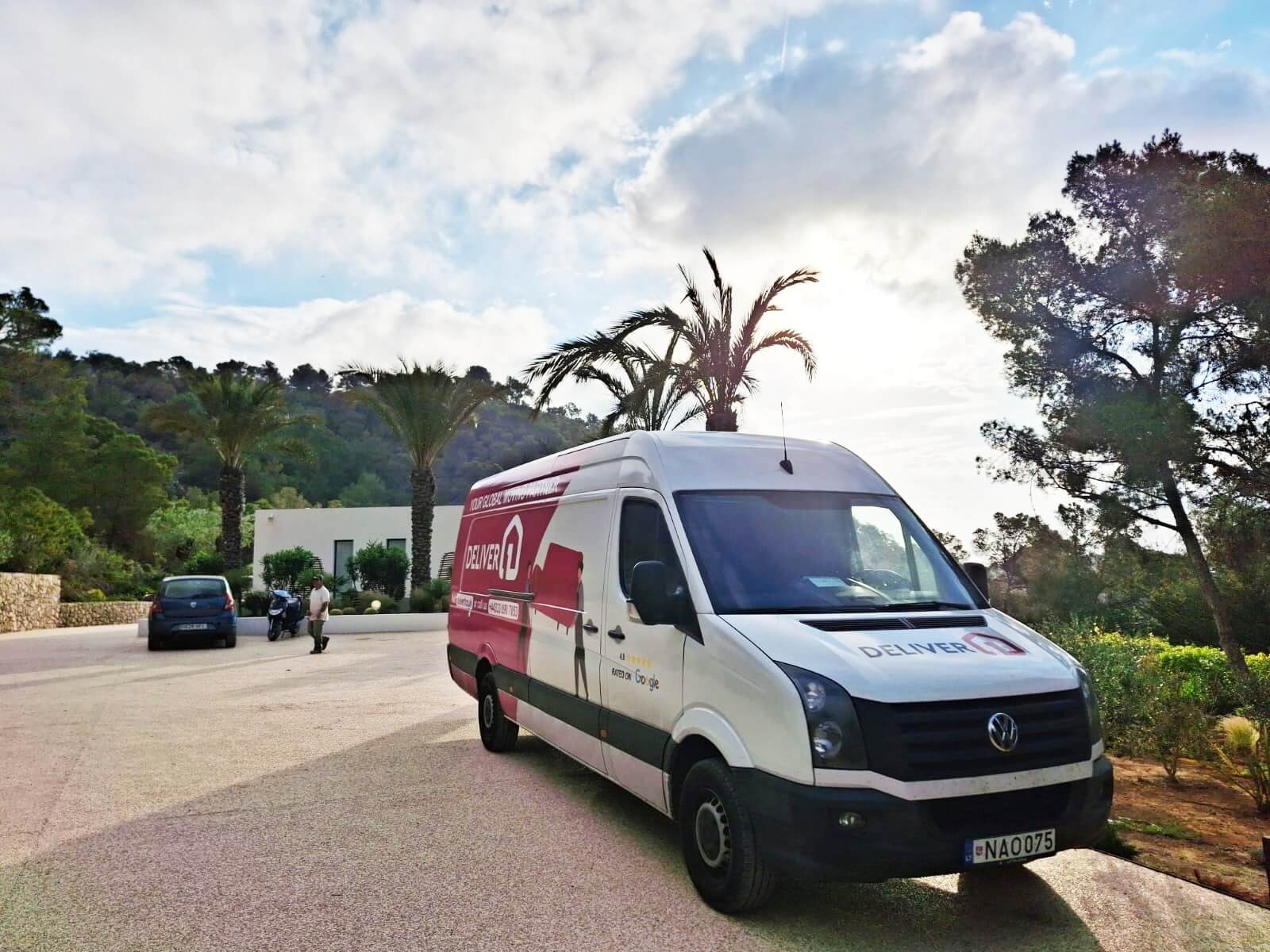
Knowing what to expect and understanding the different factors involved is a major step in avoiding any nasty financial surprises.
When it comes to moving your belongings overseas, professional moving companies often offer a huge benefit and an essential service. From carefully packing your items to loading them onto trucks and handling the logistical paperwork, they can make the entire process much easier and smoother. Of course, all of that comes at a price and it’s important to be aware of the different services available, as prices can vary a great deal depending on whether you are choosing a partial or full service package.
It's good to research a few removal companies in advance, so that you have some options. Check Google reviews (like ours here!) and consider what is most important to you.
When you are moving internationally, you may need to consider which is the best way to move all of your belongings. There are many different shipping options, and each one comes with its own benefits, drawbacks and, of course, pricing. Sea freight is generally the most cost-effective option, but it takes a lot longer for items to arrive. Air freight is the quickest but significantly more expensive. And then, of course, there is the option of road transport if the place you are moving to is within range. Understanding the difference is crucial to choosing the option that is right for you.
It's useful to get quotes from multiple providers so you can compare different options and get the best value for your move. You can get a quick quote here or speak to one of our friendly team members by phone.
Want to know more? See how Deliver1 moved David to his new home in France here.

Having adequate insurance is an absolute must when moving internationally, as accidents can happen. Shipping insurance will provide you with peace of mind that you won't be at a loss if anything unexpected happens to your things in transit. It will often provide cover for damage, loss, and other risks, ensuring that you are protected financially, should the worst happen.
You can research and compare different insurance quotes at price comparison sites such as comparethemarket or moneysupermarket.
It’s often the case when moving internationally, that you will need to pay customs and import duties. These fees can vary quite a lot depending on your destination country, the type of goods you are moving, and their value.
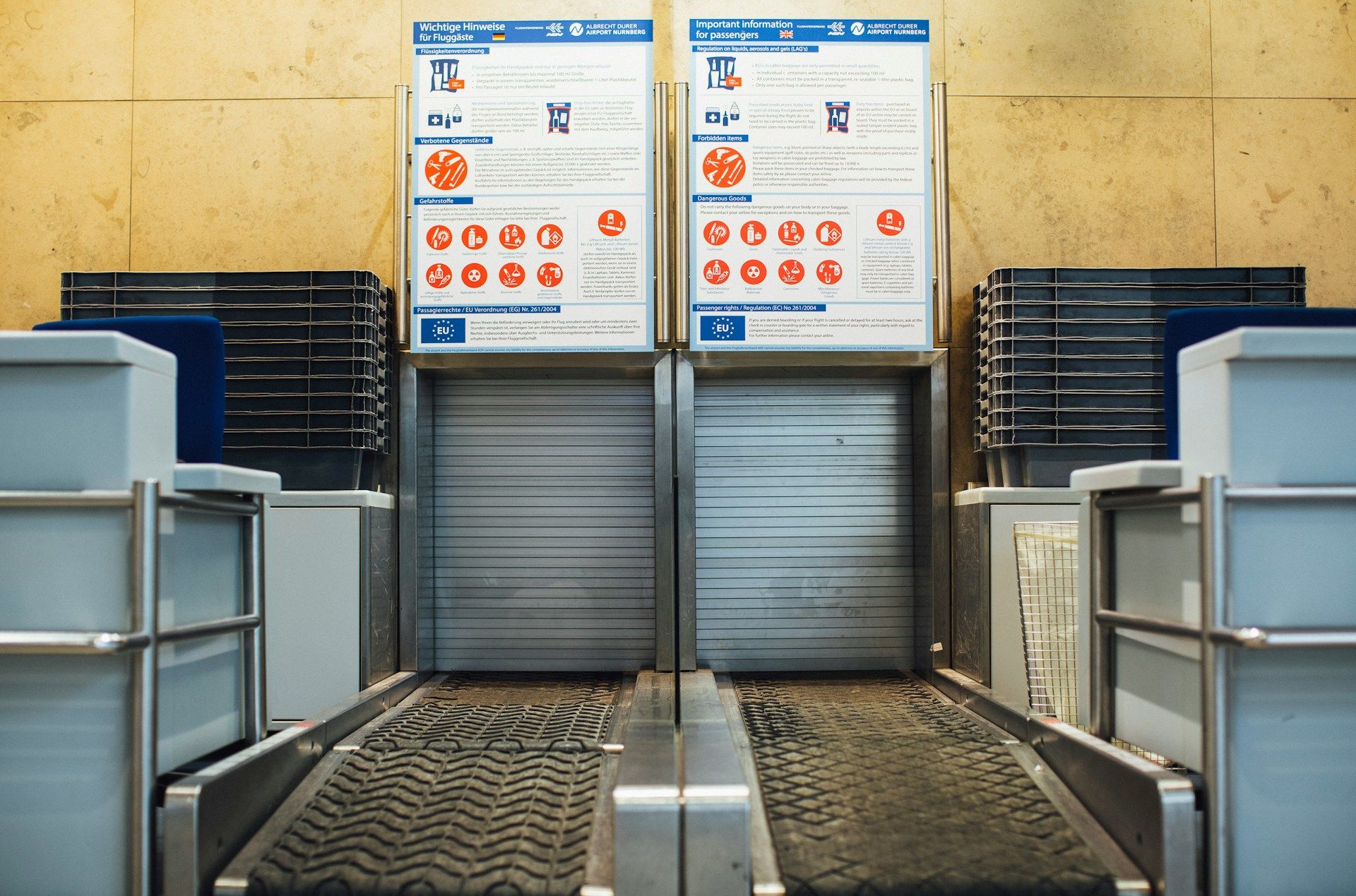
It is important to be aware that customs rules and regulations are complex, so do your research in advance and make sure you are prepared to pay these fees when the time comes. It is also advisable to check if there are any prohibited items. It's also important to understand the difference between duties and taxes.
The UK government's website has lots of useful information about importing and exporting that may be of interest to you.
If there is a gap between the time you leave your current home and when you can access your new home, you might need to factor in storage costs. You might need storage for a short period, but it is also possible that, if you are moving a long way, that you will need longer term storage.

Storage costs will depend on the size of your belongings and the length of time you require. It's important to be aware of these potential costs, so you can budget effectively.
If you have them, you'll need to consider the costs associated with moving pets internationally. It’s not as simple as just popping them into your suitcase, they will require their own travel documentation, possibly medical checkups and quarantine periods, so it is important to be prepared and budget for these.

As well as having all the right paperwork, you may need to consider how they will be transported, which will need to meet certain guidelines.
The government's website has up-to-date information about travelling with your pets that may be helpful.
So, your belongings have arrived safe and sound, congratulations! However, there are still quite a few expenses to think about once you arrive in your new country. This is the phase where you'll be setting up your new home and life, and it’s important to have a clear idea of the costs involved. From finding a place to live and getting your utilities sorted to kitting out your new space, these expenses can add up quickly. Having a good understanding of these costs will help you settle into your new life without any financial stress or worries.

Let’s take a closer look at some of the key areas you should be thinking about, from temporary accommodation to getting your hands on a new sofa, and all the little costs in between.
As you search for a more permanent home, you may find that you need to budget for temporary accommodation. This could be a hotel, an AirBnB, or some other form of short-term rental, and it's often needed while you explore your new neighbourhood and arrange your next steps. As well as the costs of accommodation, you also need to consider things like the cost of utilities, food and transport during this period too.
Securing your permanent home will probably be one of your biggest expenses. Depending on whether you plan to rent or buy, you may need to factor in things like rent deposits, the first month's rent upfront, or a sizeable down payment, as well as all the associated legal costs.
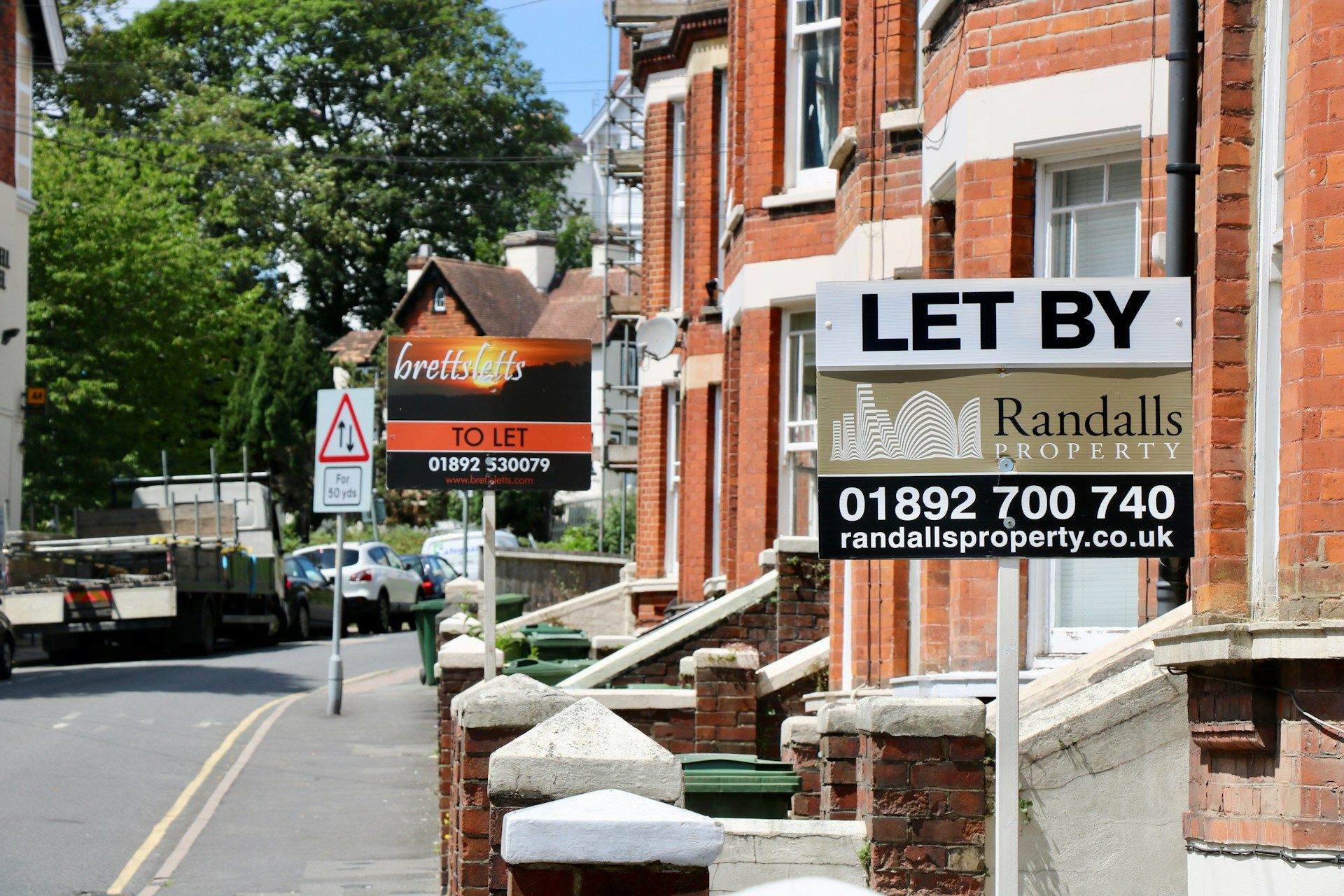
It is essential to know the legalities around renting or buying in your destination country, and to make sure you have all the money you need before your move.
Unless you are moving into a fully furnished property, you may need to factor in the costs of buying new furniture, kitchenware, linens, and other everyday necessities, and this can add up quickly. Consider whether it’s worth buying these things in advance and moving them, or just buying them when you arrive. Be realistic about what you can live without.

Setting up things like your electricity, gas, water, and internet can come with initial setup costs, as well as security deposits and admin fees. Researching the local providers, and the associated fees will help you prepare and make sure your home is set up and ready to go for when you move in.
It is essential to know what your transportation options are in your new location. If public transport is available, you might need to pay for regular passes, or it might be the case that you need to purchase a new vehicle. Depending on where you are moving to, this could come with a number of different costs that you need to prepare for.
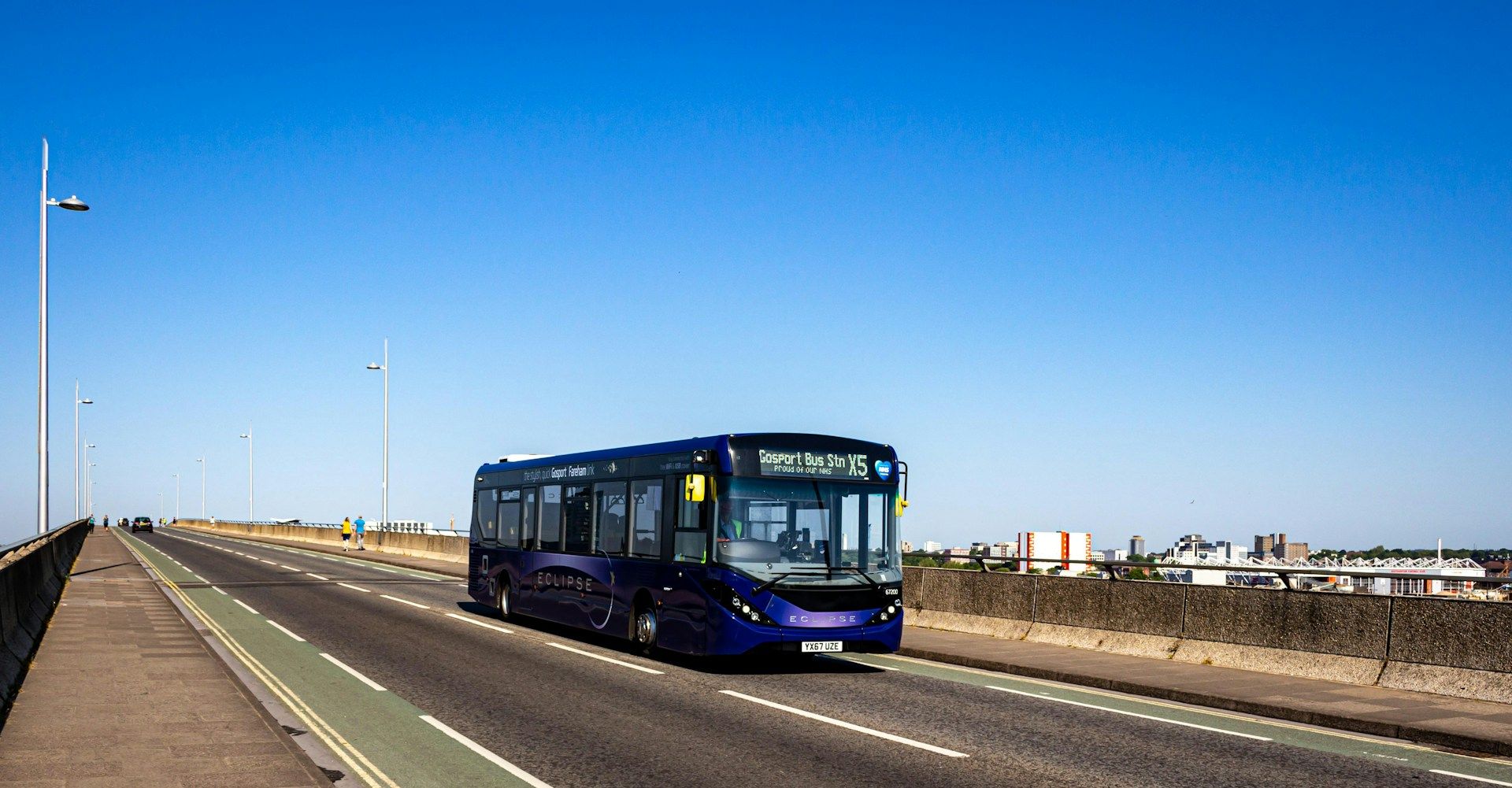
It is important to make sure that you and your family are covered for healthcare as soon as you arrive, and it’s something you should research thoroughly before you move. This might include purchasing local health insurance, setting up doctor and dentist appointments, and making sure that all your health needs are taken care of. This will provide peace of mind for when you first arrive.
It’s good to remember that there are also ongoing expenses that you will need to consider. It's easy to focus on all the up-front costs and forget about planning for the monthly expenses that you'll incur in your new country. Once you're settled, you'll still need to think about the general cost of living and banking. Let’s take a look at a couple of things you need to keep in mind.
The cost of living can vary significantly between different countries, and you will need to research your new location to see how your monthly budget will need to change. From the cost of groceries and eating out to transport and monthly bills, it is essential to know how much you will be spending on a month-by-month basis.
We have several cost of living comparisons with useful information in our moving blog.
Setting up local bank accounts is essential for making sure you are able to manage all your local payments, and to make sure you are able to set up local direct debits.
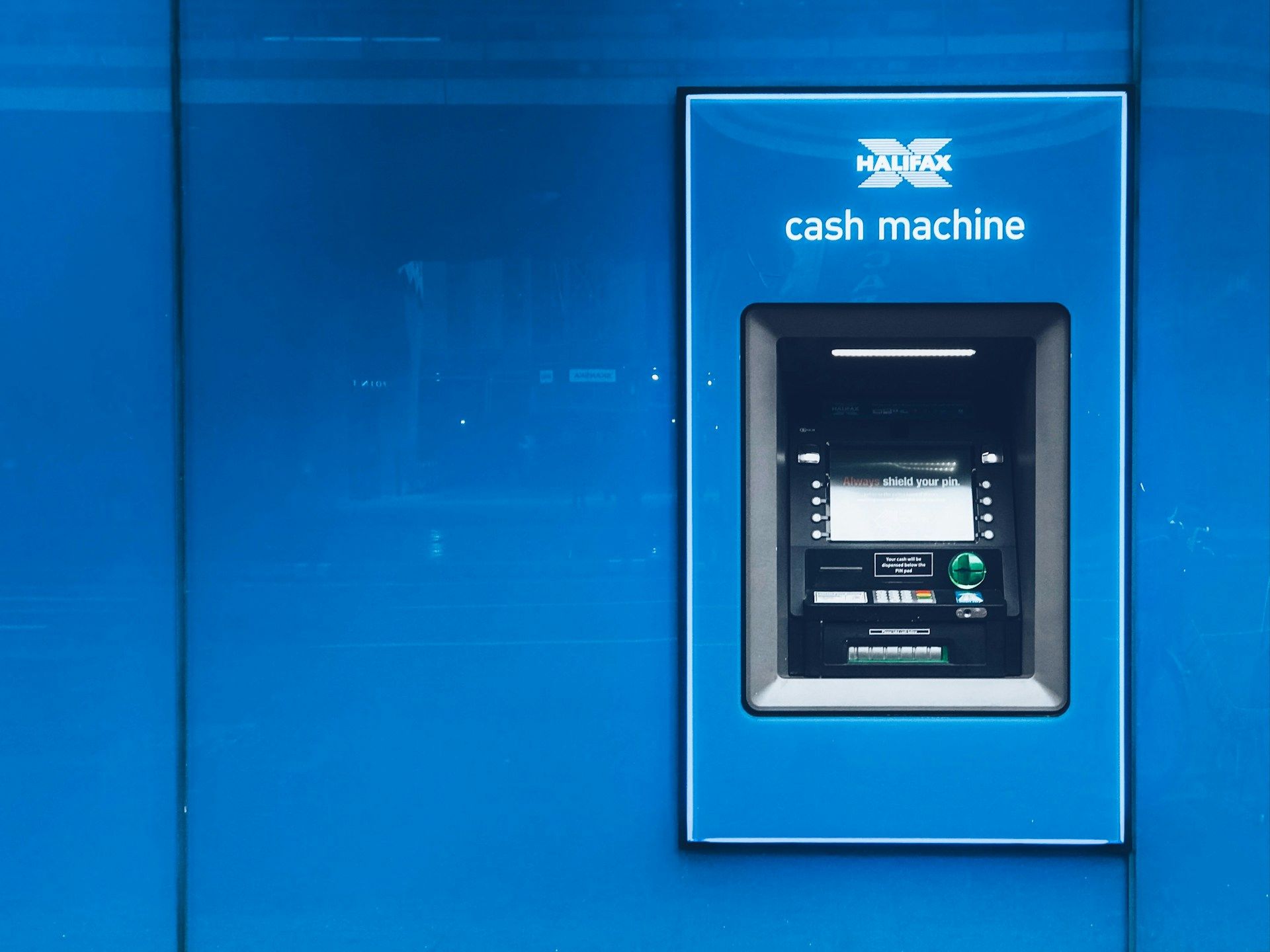
You will also need to research any fees or costs that are associated with these accounts, and how to transfer funds, as it may be that you need to make international money transfers.
No matter how well you plan your move, there are always unexpected costs that can arise. It’s important to build in some flexibility to your budget, so you’re able to deal with any of those surprise costs or hurdles that may pop up.
We highly recommend having an emergency fund for unforeseen expenses. This should be a separate pot of money set aside to cover any unexpected or unplanned costs, and give you that peace of mind that if anything goes wrong, that you have some buffer to rely on. A lot of people forget to do this, but it can be invaluable when moving to a new country.

When moving internationally, your budget can be affected by currency exchange rates. These rates fluctuate all the time, and they can have a considerable impact on your costs. It’s always worth having some flexibility in your budget, and being mindful that some unexpected currency exchanges could have an effect on your overall costs.
While there are many costs involved in moving internationally, there are many different ways you can make it more affordable. Let’s take a look at some practical things you can do to help keep your costs down and stick to your budget.
Before you even think about packing, go through all of your belongings and get rid of anything you don't need.

The more you move, the more it costs. Decluttering is great for your mindset, and it will help reduce your moving costs as well.
It is essential to shop around and get quotes from a variety of different moving companies, shipping providers and insurance companies. Don't settle for the first quote you get, as there are often significant differences between providers.
If you can, be flexible about when you are moving as this can make a huge difference to the costs you incur. Moving during peak seasons or at weekends can often be much more expensive. If you can be flexible and move during off-peak times, you can save a lot of money.
Always make sure you take the time to shop around and compare prices for all of your products and services. This includes everything from packing supplies to insurance and flights. It’s important to do your research and find the best value for your money.
Moving internationally can be a complicated process, but with a good level of preparation and realistic planning, you can ensure your move is as smooth and stress free as possible. We have taken you through lots of areas you should think about, from initial visas to setting up a new life in a new country, and everything in between. Budgeting carefully, researching thoroughly and being prepared for any unexpected issues will help you manage your money effectively and avoid any unnecessary stress.
At Deliver1, we're relocation experts and have helped thousands of people move internationally. We understand how stressful and overwhelming the whole process can be, but we are here to help you. We are different from the rest as we can handle everything, including all the paperwork, helping you find suitable accommodation and even schools for your children. We pride ourselves on our comprehensive, stress-free service. We can provide you with assistance throughout your entire journey, giving you the support you need for a successful move.
Ready to start planning your international move? Get in touch today for a free consultation, and let us show you how we can make your move easy, straightforward, and stress-free.
We love hearing from you-so please get in touch with any questions or queries.
We love hearing from you-so please get in touch with any questions or queries.
Working hours
Mon - Sat: 08:00 - 17:00
Sun: Closed
Call
+44 3330 907053Location
Unit 3, Newyears Green Lane
Newyears Green
Uxbridge
UB9 6LX
United Kingdom
